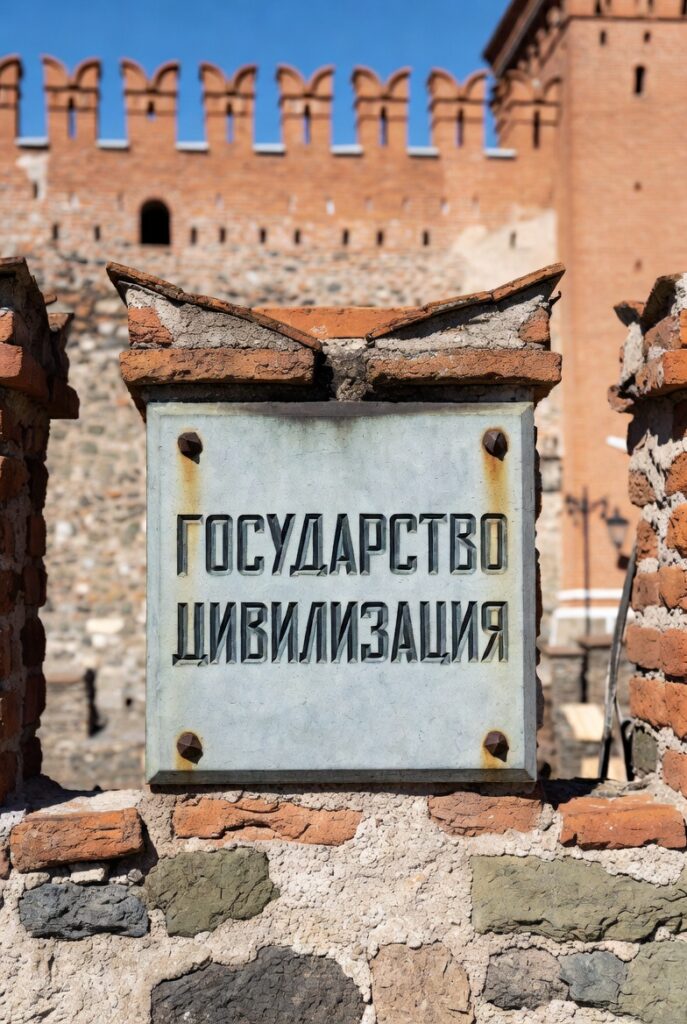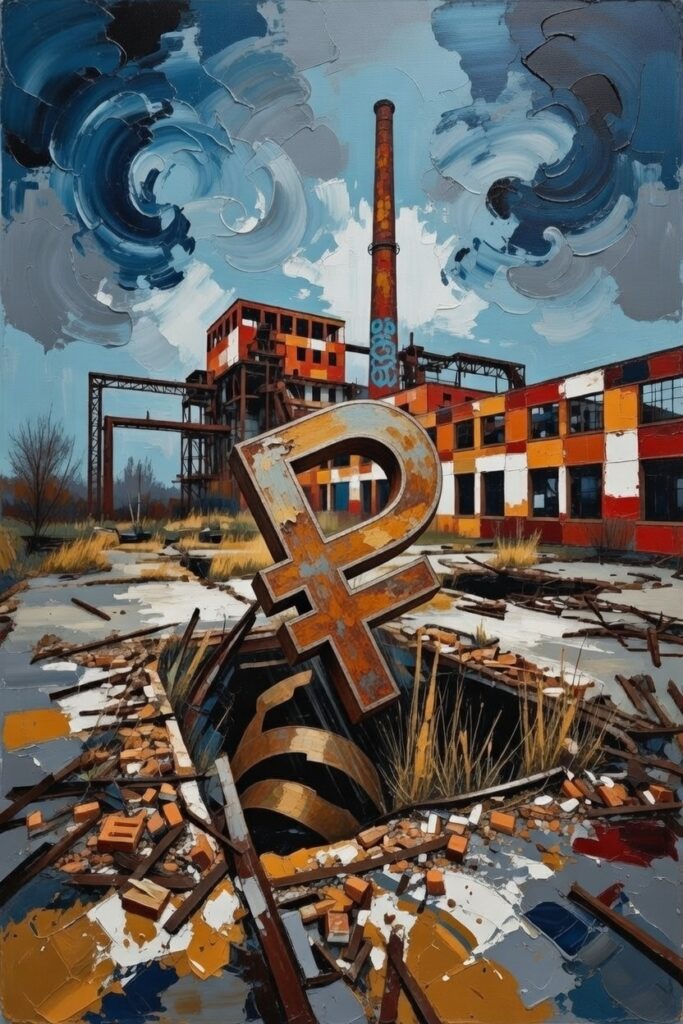Vladimir Putin’s aide and former deputy Alexey Dyumin, who served as governor of the Tula region for eight years, has been appointed secretary of the advisory State Council. His appointment has given rise to expectations that the powers of the State Council itself will grow and that it will become a key institution of power in Russia. The politically savvy section of the Russian Telegram is abuzz with rumours that this structure will soon take over the functions of the Security Council. The logic behind this reasoning is easy to reconstruct: a former presidential aide who the observers have been variously considering «Putin’s successor» or «Deputy Prime Minister for Defence» cannot be put in charge of the apparatus of a decorative body. As a result, they observers believe that Dyumin has been given a very important post, and his powers and those of the structure to which he is secretary will only grow.
However, these rumours have had no connection with reality so far. Alexey Dyumin replaced Igor Levitin, who served as Putin’s aide as Transport Minister a few years ago. Levitin’s status as an aide was that of Secretary of the State Council. It turned out that Dyumin was gradually given the powers of his predecessor: first as an aide, then as a secretary. There was never any question of Igor Levitin’s special status in the power vertical as a result of his work in the State Council. He was an influential figure because of his previous ministerial work and his position as an aide to the president. So far, Dyumin has been given a position in the power vertical that is clearly not too bad, but far from key.
The powers and functions of the State Council itself, unlike those of the Security Council, are extremely vaguely defined in the legislation. The latter prepares reports on national security and defines its strategy, holding regular meetings with the participation of the heads of key security and civilian structures. The State Council «coordinates» the interaction of governors, municipal heads and the government. This coordination is enacted by way of meetings that take place every few weeks, or even months. The members of the State Council are mostly governors, i.e. not the most high-profile leaders in the power vertical, who depend heavily on the political bloc of the presidential administration or their patrons in influential clans from Putin’s inner circle. The work of the State Council is organized directly by the Kremlin department of the same name, which is headed by Alexander Kharichev, a close associate of Sergey Kiriyenko, the supervisor of the political bloc of the presidential administration. The main function of this department has long been to organize elections and select personnel for gubernatorial posts, as well as to supervise the «United Russia» party. Kharichev and his subordinates have to deal with the State Council itself on an ad hoc basis, treating it as somewhat of an afterthought, due to the vagueness of its powers and rare meetings. And the governors’ meetings themselves resemble a theatrical performance organised for the only spectator: the President. Heads of regions pave the streets with asphalt on camera, conduct business games. It is very difficult to call any of that serious and systematic work.
Alexey Dyumin will have to oversee the work of a structure whose apparatus and organisation are linked to Sergei Kiriyenko and his bloc. Kiriyenko enjoys personal access to Putin and good relations with him, so his word regarding the State Council will carry the same weight as that of Dyumin, the secretary, and perhaps even more. We should not forget that the majority of the governors’ body is also oriented towards Kiriyenko, thanks to the training they received at the «Governors’ School» created by the first deputy head of the presidential administration. Thus, Alexey Dyumin will definitely not be the sole manager of the State Council, and at best he will have to share influence with Kiriyenko, and at worst he will have to be an external supervisor and observer (this was exactly the role played by his predecessor Igor Levitin).
Of course, the expansion of the powers of the State Council and its secretary in the future cannot be completely ruled out, but so far such a step looks extremely unlikely. Turning the club of governors into a structure that coordinates and makes key decisions implies strengthening the role of collectivity and deliberation in the Russian vertical of power. But now this very collectivity and deliberation are disappearing from the Kremlin, more and more decisions are being made personally by the President, while his inner circle, which, in theory, is able to influence these decisions, is shrinking. It is doubtful whether Putin, who is increasingly unwilling to heed the advice of even his closest friends, will be willing to truly consult with regional leaders and take their views into account.
The passions surrounding the State Council are largely linked to the figure of Dyumin himself, whom many observers see as Putin’s most likely successor and expect to move up the power ladder. But Dyumin’s growth has never been clear and meaningful, so his support group declares the heights he occupies to be strategically important, and the structures the presidential aide will have to oversee to be very important. In reality, Putin’s other former security guards (and Dyumin used to be Putin’s chief security guard), who began governing the regions in the same year as Dyumin, had been given federal posts with clearer functions much earlier than him. Yevgeny Zinichev (who died before the start of the full-fledged invasion) became head of the Emergency Situations Ministry, while Dmitry Mironov, as Putin’s aide, oversees personnel issues. However, there is no rumor of potential succession surrounding their names, which is why there is little talk of Mironov’s career. Expectations of increased powers for the State Council may confuse some elite groups, who will try to solve problems through a «new office». Expectations of this will blur the decision-making processes in the vertical and thus destabilize them. Clarity in the distribution of powers and responsibilities has always been a strength of Putin’s system, and the search for alternative decision-making centres in the form of the State Council undermines this strength.
Wartime tax
Putin promised Russians a tax increase in his election address, and the government has fulfilled this promise. Russian propaganda is trying its best to convince the public that the growth of tax payments will affect only a handful of people, while the bulk of the population will continue to live as before. But the planned changes can be quite far-reaching. Firstly, taxes are going up for those with incomes above 200,000 rubles (roughly 2,000 euros). Taking into account inflation, indexation and the out of necessity increase in salaries in the civil sector, many working citizens may reach such incomes in the future. Many employees of state corporations and businesses loyal to the authorities already receive such salaries. They are unlikely to be happy that the state has decided to take away their «extra» money. Secondly, the authorities have raised corporate income taxes from 20% to 25%, and this has a negative impact on businesses that pay money to the treasury in good faith. Five percent in the total turnover is a very sensitive figure. Thirdly, the authorities continue to increase taxes on raw materials companies, and the mineral extraction tax for many industries will increase substantially. It will be hard for businesses to operate, and therefore, it will be hard for their employees, who are already in short supply in the real sector of the economy.
But these are all strategic prospects, whereas right now the Russian state needs to get the money it needs to both continue to fight the war and maintain social stability. Putin’s vertical of power is currently operating at a tactical moment, milking the most economically active citizens and efficient businesses for their last remaining resources. In addition, by raising taxes, the government is forcing the Russians who have been and will be affected by this increase to think about the efficiency of budget spending and the validity of the general political course. It is likely that at some point it will become apparent that citizens are willing to tolerate the war in silence, but are less willing to spend their hard-earned money on it.










